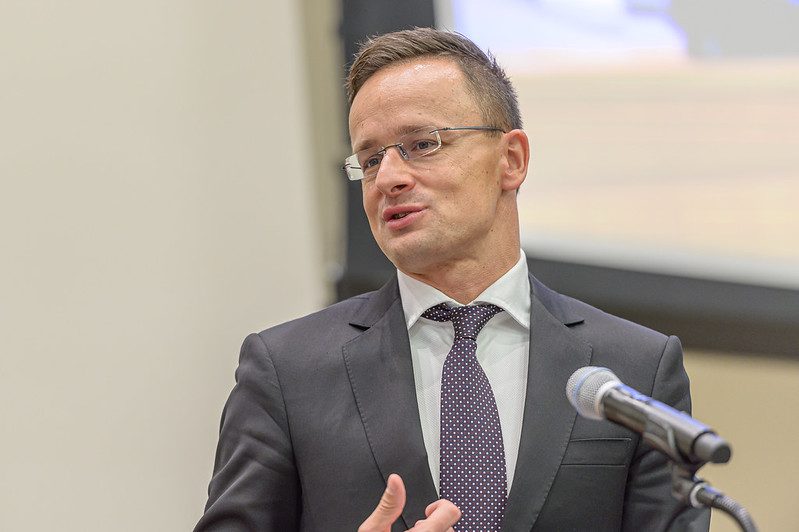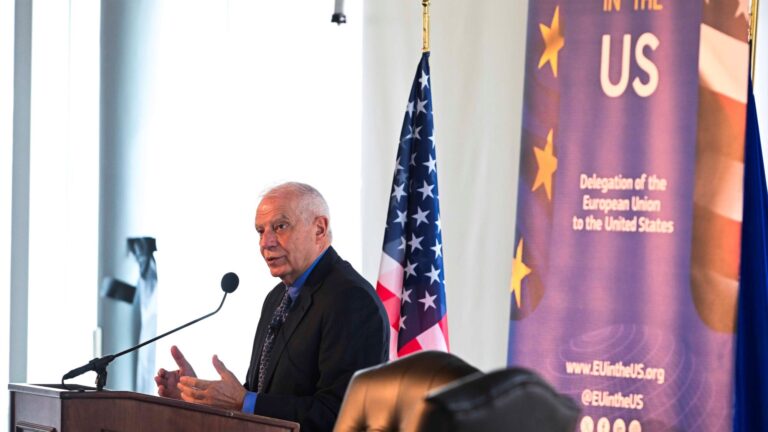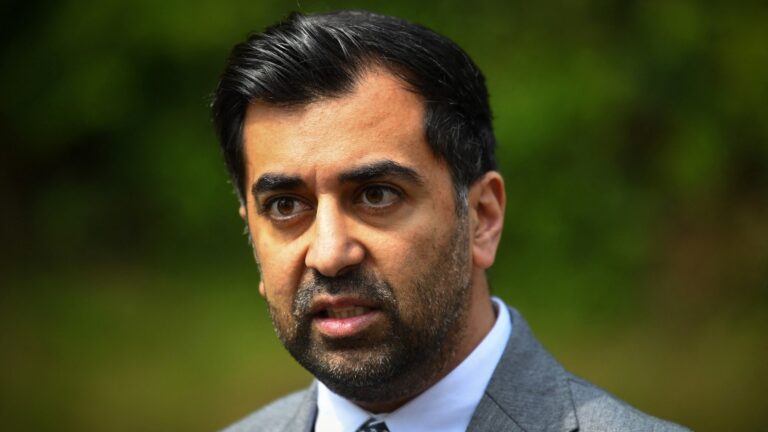While diplomatic relations are broken between Russia and many European countries, Hungarian Foreign Minister Péter Szijjártó went to Moscow on Thursday, July 21st, for a special visit to his counterpart Sergei Lavrov.
The purpose of the visit was related to energy issues. Hungary is heavily dependent on Russian gas—up to 85%—and the minister was there to negotiate a delivery of 700 million cubic metres of additional gas. Sergei Lavrov listened attentively to this request, pointing out that Russian-Hungarian trade had increased by 25% since 2021. At the press conference following their meeting, Lavrov said that Russia would “immediately study and forward” Hungary’s request.
Szijjártó’s visit comes on the heels of the EU’s decision to cut Russian gas supplies by 15%. Péter Szijjártó is above all pragmatist: without Russian supplies, it is simply impossible for Hungary to find the quantities of natural gas it needs in Europe, he explained. Since the beginning of the conflict between Russia and Ukraine, Hungary has denied having any pro-Russian bias. Hungary has voted in favour of the various rounds of sanctions against Russia, while asserting its uniqueness by negotiating an exemption for its energy supplies and expressing scepticism about the effectiveness of the sanctions. Hungarian national interests are at stake, as Hungarian leaders, led by Viktor Orbán, have repeatedly said. Lavrov made these words his own, as reported by the Financial Times: “We have a mutual understanding that we, both Russia and Hungary, are always driven by our national interests,” declared Lavrov, after having copiously criticised the sanctions policy conducted by the European Union, which according to him should not interfere in the “lasting and strategic” relations that Russia intends to keep with Hungary.
Szijjártó also defended himself from wanting a return to a Cold War-style confrontation between blocs, placing Hungary in a particularly uncomfortable situation: “We don’t want a world order again where we find ourselves on the periphery of one bloc, in a buffer zone or in an area next to a buffer zone,” he explained. “We’ve been through that once. We lost decades over it.”
The Hungarian diplomatic visit was also intended to reaffirm the importance of the active search for peace in the conflict with Ukraine. Szijjártó spoke in favour of an immediate ceasefire and peace talks.
Despite this, some MEPs criticised Szijjártó’s move as outrageous. MEP Guy Verhofstadt of the Renew group accused Hungary of “undermining EU unity” and openly raised the question of Hungary’s exclusion.
Hungary was already actively undermining EU unity… and is now actively helping Russia !
— Guy Verhofstadt (@guyverhofstadt) July 21, 2022
Undemocratic governments have no place around the European table…
So we have to ask the question if Hungary under the leadership of Orbán can continue to be member of our Union ? https://t.co/wKzxUoQXuO





